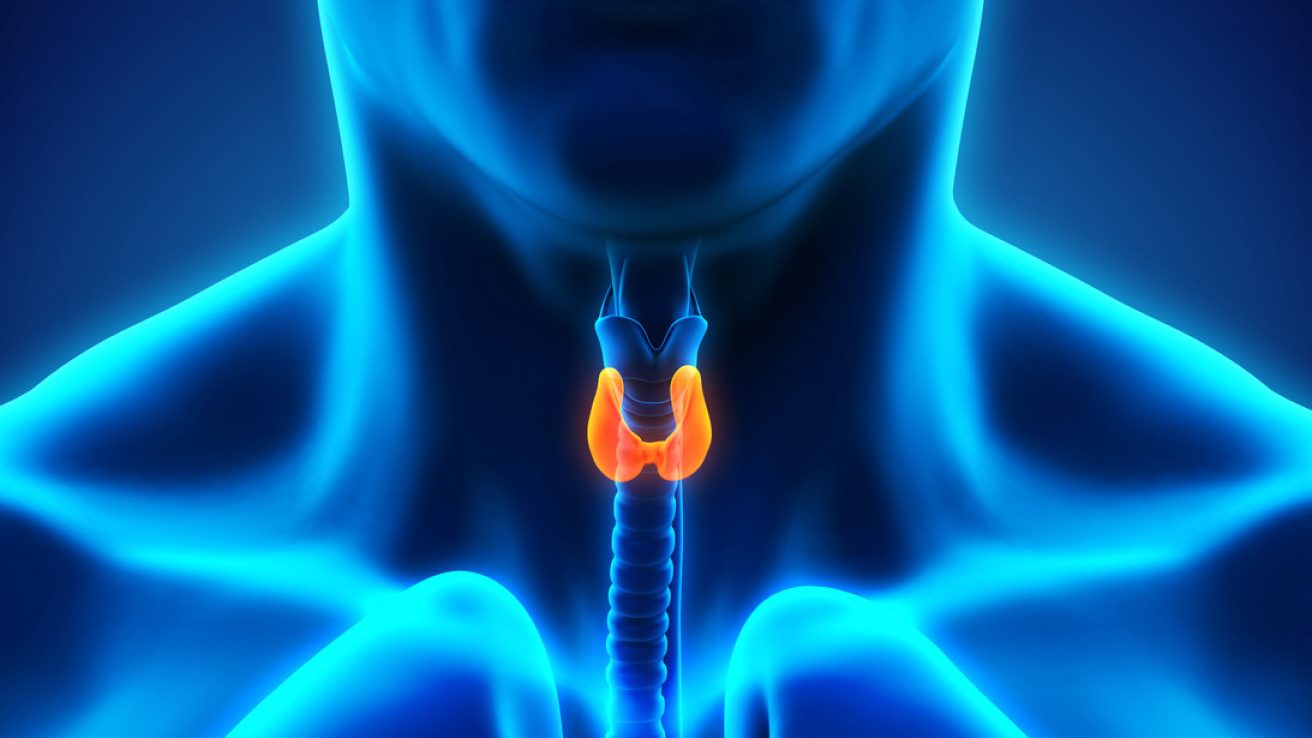MONDAY, Feb. 8, 2021 (HealthDay News) — Exposure to artificial light at night (LAN) is positively associated with thyroid cancer risk, according to a study published online Feb. 8 in Cancer.
Dong Zhang, Ph.D., from the University of Arkansas for Medical Sciences in Little Rock, and colleagues examined the association between LAN and thyroid cancer incidence. LAN exposure was estimated from satellite data and linked to residential addresses. The association between LAN and thyroid cancer risk was examined, with adjustments for sociodemographic, lifestyle, and other environmental factors.
The researchers observed a positive association between LAN and thyroid cancer risk among 464,371 participants. Specifically, risk was increased significantly for the highest versus the lowest quintile of LAN (hazard ratio, 1.55; 95 percent confidence interval, 1.18 to 2.02). The association was mainly driven by papillary thyroid cancer and was stronger in women than men (hazard ratios, 1.81 [95 percent confidence interval, 1.26 to 2.60] and 1.29 [95 percent confidence interval, 0.86 to 1.94], respectively). The association was stronger for localized cancer in women, while in men, the association was stronger for more advanced stages of cancer.
“As an observational study, our study is not designed to establish causality,” a coauthor said in a statement. “However, given the well-established evidence supporting a role of light exposure at night and circadian disruption, we hope our study will motivate researchers to further examine the relationship between light at night and cancer, and other diseases.”
Abstract/Full Text (subscription or payment may be required)










